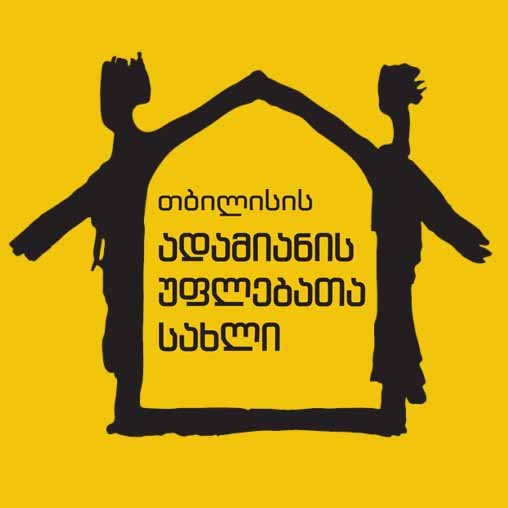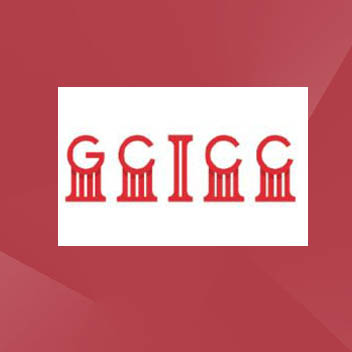News
HRC Press conference: Who is responsible for ‘death zone’ at Tbilisi Sea?
27.10.2022
Font size
Tomorrow, on October 28, 13:00, HRC will hold a press conference on the judgment of today by Tbilisi Court of Appeals granting the appellate appeal by Tbilisi City Hall and reversing the judgment of Administrative Panel of Tbilisi City Court ordering in its turn Tbilisi City Hall to install warning banners next to the area of waterfalls at Tbilisi Sea and erect a wall of 2.5 m height along the line of waterfall channel.
At the same time, Administrative Chamber of Tbilisi Court of Appeals rejected the administrative complaint by the Executive Director of HRC Aleko Tskitishvili claiming moral damages from Tbilisi City Hall and water supply company GWP.
According to the Administrative Chamber of the Court of Appeals, since GWP has fenced the territory and installed banners, the subject matter for the dispute against the respondent City Hall no longer exists. As for the issue of imposing the respondent to pay moral damages, the Court states that no causal relationship is there between nonobservance of security standards and occurred result.
HRC shall appeal the today’s judgment by Tbilisi Court of Appeals in the Supreme Court.
The territory of the so-called waterfall is the ‘death zone’ on Tbilisi Sea where swimming is particularly dangerous and is forbidden, however the citizens are not informed about it and there are no barriers installed which would be hard to overmount. In 2017, Tsotne Tskitishvili, 15-year-old son of Executive Director of HRC died in this place. In December 2017, two affected families filed administrative claims with Tbilisi City Court against Tbilisi City Hall and the water supply company GWP. After almost two years of hearings, judge Natia Buskadze ruled Tbilisi City Hall to install warning banners in the waterfall area and to erect a wall of 2.5 m height along the line of waterfall channel which would be impossible to overmount.
Tbilisi City Hall refused to enforce the court judgment believing that the City Hall was not responsible for preventing the fatal cases in the city.
Further, noteworthily, during the proceedings in the Court of Appeals, the respondent practically satisfied the claim which was already ruled so by the first instance court: erecting a firm fence of concrete and iron around the area and placing the banners forbidding swimming. However, the representatives of the respondents - Tbilisi City Hall and GWP - could not name the agent who carried out these works on the site. At one of the hearings, the GWP representative stated that the area was fenced by them “at the request” of Tbilisi City Hall. Following the request of the plaintiff, GWP presented relevant documents to the court.
In response to the appellate claim filed by Tbilisi City Hall, HRC prepared an appellate response. The affected party with the help of HRC and independently has appealed in the Court of Appeals the part of the judgment of Tbilisi City Court denying the payment of moral damages.
About "death zones" in Georgia see in detail the journalistic investigation by Freedom Monitor.
The press conference will be held at: 11a, Akaki Gakhokidze St., Ground floor. Human Rights Center
News
24.04.2024
CASES WITH ALLEGED POLITICAL MOTIVES OF THE PARDONED CONVICTS WHOSE HEARINGS ARE PENDING BEFORE THE COURTS, 2024
17.04.2024




